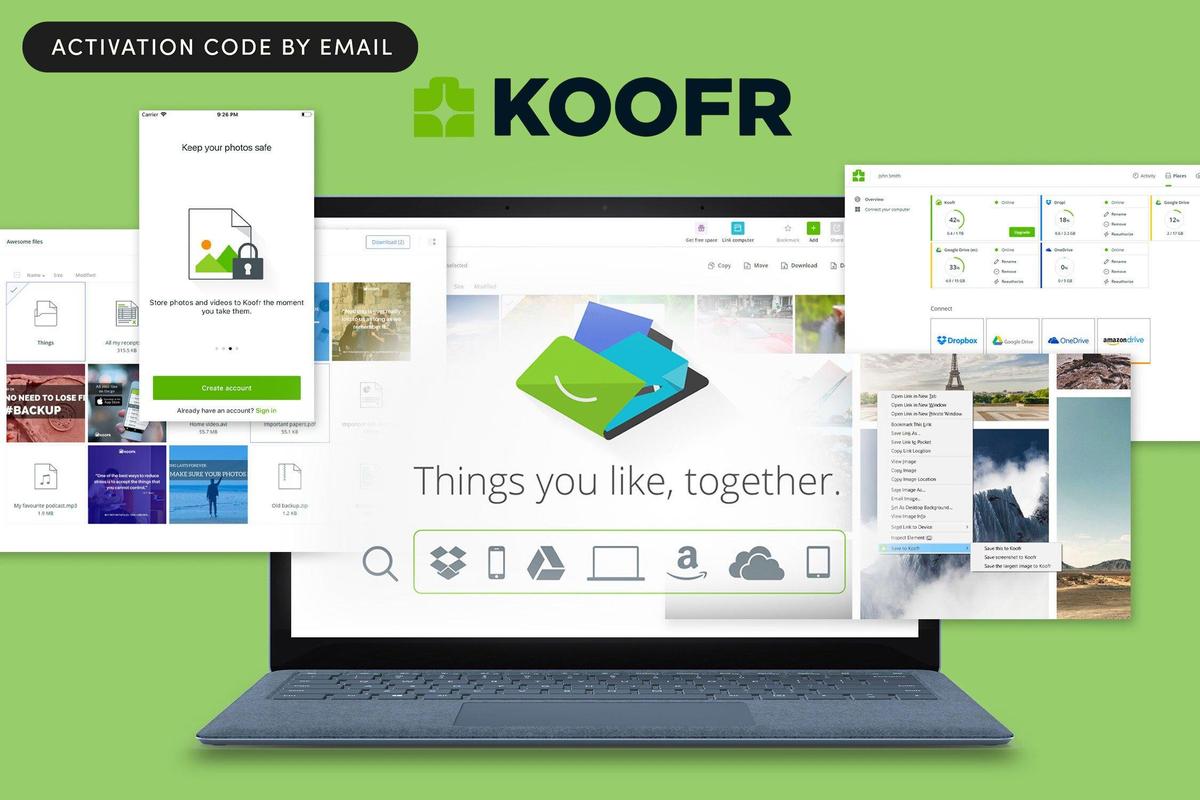Bypass Restrictions: Unblocking Content with a VPN
Unblocking Content Online: A Guide to Using VPNs
Navigating the internet can sometimes feel like traversing a maze of restrictions and blocked content. Whether it’s geo-restrictions on streaming services, censorship in certain regions, or simply wanting to access content blocked by your network, encountering these barriers can be frustrating. Fortunately, there’s a powerful tool that can help you bypass these limitations: a VPN, or Virtual Private Network.

This guide will explore how VPNs work, why they’re effective for unblocking content, and how you can use them to access websites and services from anywhere in the world.
What is a VPN and How Does It Work?
A VPN creates a secure, encrypted connection between your device and a remote server. This server acts as an intermediary, masking your real IP address and location. When you connect to a VPN server, your internet traffic is routed through that server, making it appear as if you are browsing from the server’s location.
Here’s a breakdown of the key steps involved:
- Encryption: Your data is encrypted, protecting it from prying eyes, such as your ISP or hackers on public Wi-Fi networks.
- IP Address Masking: Your real IP address is hidden, replaced with the IP address of the VPN server.
- Location Spoofing: You can choose a VPN server in a different country, making it appear as if you are located in that region.
Why Use a VPN to Unblock Content?
There are several reasons why using a VPN is an effective way to unblock content:
- Bypass Geo-Restrictions: Many websites and streaming services restrict access based on your geographic location. A VPN allows you to connect to a server in a region where the content is available, bypassing these restrictions. For example, you can access streaming content that may not be available in your country.
- Evade Censorship: In countries with strict internet censorship, a VPN can help you access blocked websites and social media platforms. By connecting to a server outside the censored region, you can bypass the government’s restrictions.
- Access Blocked Websites on Networks: Schools, workplaces, and public Wi-Fi networks often block access to certain websites. A VPN can bypass these restrictions, allowing you to access the content you need.
How to Choose the Right VPN
With numerous VPN providers available, selecting the right one can be challenging. Here are some factors to consider:
- Server Locations: Choose a VPN with a wide range of server locations, especially in regions where you want to access content.
- Speed and Reliability: Look for a VPN that offers fast and reliable connections to ensure smooth streaming and browsing.
- Security and Privacy: Prioritize VPNs with strong encryption, a strict no-logs policy, and other security features to protect your data.
- Ease of Use: Opt for a VPN with a user-friendly interface and apps for all your devices.
- Price: VPN prices vary, so find one that fits your budget. Many providers offer free trials or money-back guarantees.
Step-by-Step Guide to Unblocking Content with a VPN
Here’s a simple guide to unblocking content using a VPN:
- Choose a VPN Provider: Research and select a VPN provider that meets your needs.
- Sign Up and Download the App: Create an account and download the VPN app for your device.
- Install the App: Follow the instructions to install the VPN app on your computer, smartphone, or tablet.
- Connect to a Server: Open the app and connect to a server in the desired location. For example, if you want to access US-only content, connect to a server in the United States.
- Access Blocked Content: Once connected, visit the website or service you want to access. The content should now be unblocked.
Potential Challenges and Solutions
While VPNs are generally effective for unblocking content, you may encounter some challenges:
- VPN Detection: Some websites and services actively block VPN traffic. If you encounter this issue, try connecting to a different server or using a different VPN provider.
- Slow Speeds: VPNs can sometimes slow down your internet speed due to encryption and routing through a remote server. Choose a VPN with fast servers and optimize your connection by selecting a server closer to your location.
- Legal Considerations: In some countries, using a VPN is illegal or restricted. Be aware of the laws in your region before using a VPN.
The Future of Content Unblocking
As content restrictions become more prevalent, VPNs are likely to remain a popular tool for unblocking content. However, new technologies and approaches may emerge in the future.
- Decentralized VPNs: These VPNs use blockchain technology to create a more secure and private network, making it more difficult for websites and governments to block VPN traffic.
- Smart DNS Proxies: These proxies offer a simpler way to bypass geo-restrictions without the encryption overhead of a VPN, potentially providing faster speeds.
- Browser Extensions: Some browser extensions offer VPN-like functionality, allowing you to unblock content directly within your browser.
Conclusion
VPNs are a powerful tool for unblocking content and accessing websites and services from anywhere in the world. By understanding how VPNs work and choosing the right provider, you can bypass geo-restrictions, evade censorship, and protect your privacy online. As the internet landscape continues to evolve, VPNs and other content unblocking technologies will play an increasingly important role in ensuring a free and open internet.
Ready to explore the possibilities? Consider researching reputable VPN providers and taking control of your online experience today!
Source: Mashable



